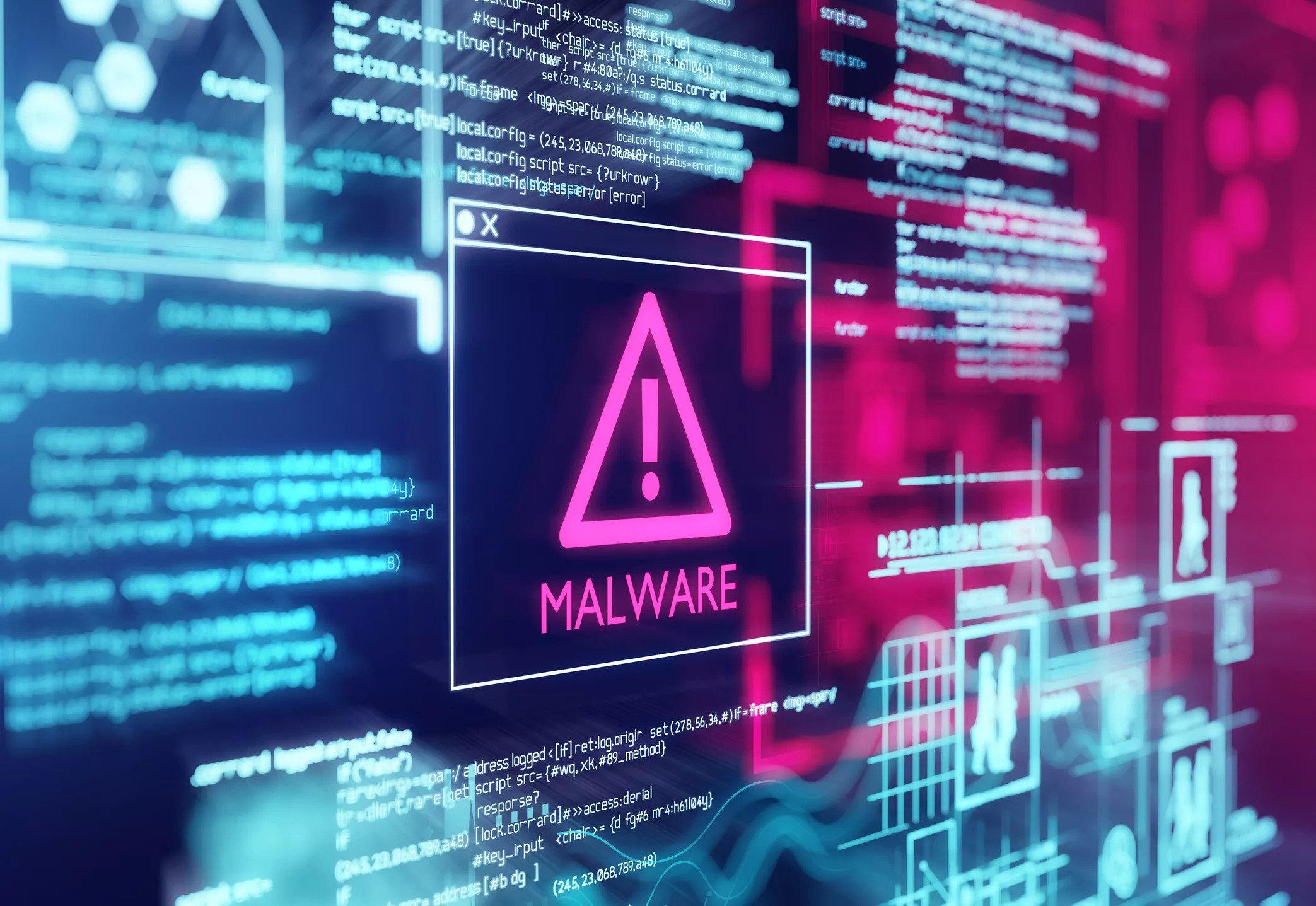Why North Korea Excels in Cybercrime
North Korea employs one of the worlds most sophisticated offensive cyber operations capabilities. This may seem odd for what is all intents and purposes a developing country with little funding due to a meager economy, and intense sanctions from across the globe. Yet here we are, with DPRK rivaling traditional adversaries from China and Russia.
So why is North Korea so good at what they do? In short, offensive capabilities are a primary focal point from the top down:
The cybercrime market's size and the scarcity of effective protection continue to be a mouth-watering lure for North Korean cyber groups. The country's cyber operations carry little risk, don't cost much, and can produce lucrative results. Nam Jae-joon, the former director of South Korea's National Intelligence Service, reports that Kim Jong Un himself said that cyber capabilities are just as important as nuclear power and that "cyber warfare, along with nuclear weapons and missiles, is an 'all-purpose sword' that guarantees our [North Korea's] military's capability to strike relentlessly."
Back to the main question of why is North Korea so much more sophisticated than other, more developed countries with larger economies and defense budgets?
Other reports note that in May 2020, the North Koreans recruited at least 100 top-notch science and technology university graduates into its military forces to oversee tactical planning systems. Mirim College, dubbed the University of Automation, churns out approximately 100 hackers annually. Defectors have testified that its students learn to dismantle Microsoft Windows operating systems, build malicious computer viruses, and write code in a variety of programming languages. The focus on Windows may explain the infamous North Korean-led 2017 WannaCry ransomware cyberattack, which wrought havoc in more than 300,000 computers across 150 countries by exploiting vulnerabilities in the popular operating system.
More recently, North Korea's state media confirmed the founding of a new science and technology university, likely associated with the country's cyberwarfare and weapons development program, as part of its Oct. 10 military parade. This suggests that ongoing investment of government funds is further strengthening the civil-military fusion, which is bound to exacerbate tensions on the Korean peninsula and international security concerns.
When cyber is a nation security priority, the government will do everything in its power to ensure it puts itself in a position to be successful. This is exactly what North Korea is doing, and continues to do, unlike many of its regional counterparts.

